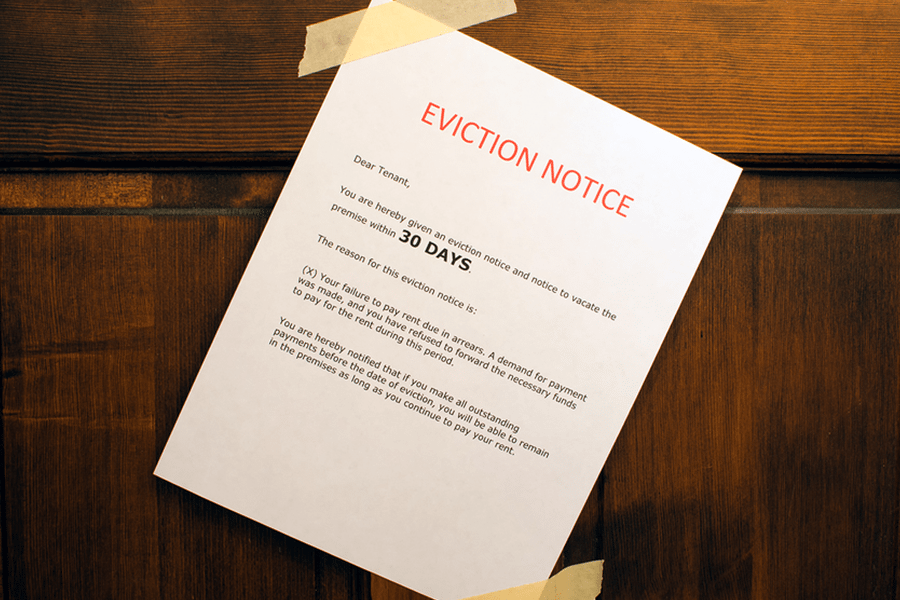



There are many reasons to evict a tenant from your property. You might need it for yourself, or you may be in the process of selling the property and want to clear out the current tenants. Whatever the reason is, it’s important to know how to go about evicting them without fail. Here are some tips that will help make the process easier and less stressful for everyone involved.
If you're going to evict a tenant without fail, then you'll want to make sure that the eviction process is executed smoothly. Here are just a few of the most important things you should do before beginning the process.
1. Prepare your paperwork
You'll need the following documents for an eviction: notice of trespass, 3-day notice to quit, and summons. Get those all in order before even approaching your tenant.
2. Research your state's landlord-tenant laws
This includes learning about what constitutes as reasonable and unlawful behavior from your tenant and what remedies a tenant has if you don't abide by those laws. This will help you know what steps to take next when dealing with this issue.
3. Hire a professional
When it comes to evicting tenants, there is no better option than hiring professionals like Tenant Eviction Services . They'll be able to make sure that everything goes smoothly and that the process doesn't get bogged down or delayed by anything extra.
First, you need to know that not all tenants are automatically allowed to stay in your property. It’s important to be clear with your tenants about what is and isn’t allowed. For example, if they rent a room in the house and they don’t share the kitchen or bathroom with anyone else, they are allowed to stay. But if they rent a bed in a shared bedroom and eat meals in the living room or have guests over, then their lease is up and it’s time to get them out of your property.
Secondly, there are ways for tenants to contest an eviction. A tenant can file for a defense against an eviction if they feel as though their rights were violated during the process. These defenses might include the following:
- The landlord failed to give proper notice before evicting them
- The landlord failed to provide specific reasons for the eviction
- The landlord violated their constitutional rights
- The landlord used false evidence against them
- They have been discriminated against due to gender, religion, sexual orientation, or disability
Before you can evict a tenant, you have to learn about the eviction process. You need to find out how long it will take, who to contact, and what your legal rights are. Knowing these things ahead of time will help you avoid any complications that may arise during the process.
To learn about the process of evicting a tenant from your property, check out this blog post on Evicting Tenants . It’s a helpful resource for anyone who is interested in learning about the process and what they need to do for an eviction.
Before you go through the process of evicting a tenant, it’s important to know what you’re getting into. Consider your options and figure out how much time and money this could cost. It’s also important to note that if you have a financial hardship, you might not be able to evict the tenants on your own.
If you need any assistance with eviction services, consider working with a professional. They can help you with the process and offer advice that will make things easier for everyone involved.
Here are some things that people should consider before going through an eviction:
-What is your motivation for evicting them?
-How much time will this take?
-Do I need to hire an eviction company or lawyer?
The first step is to contact the tenant and let them know that you're evicting them. This gives them a chance to find other options for their living situation. One of the best ways to do this is by using email, which can be sent via your personal email account or an email address of your choice.
Once you have received a response from the tenant, it's time to set up the date for the eviction. You should make this as soon as possible because they will need time to clear out before moving out.
If they refuse to leave at the scheduled time, give them 24 hours notice that you will be filing with court and then make sure they are gone within 24 hours or else you'll have to file in court.